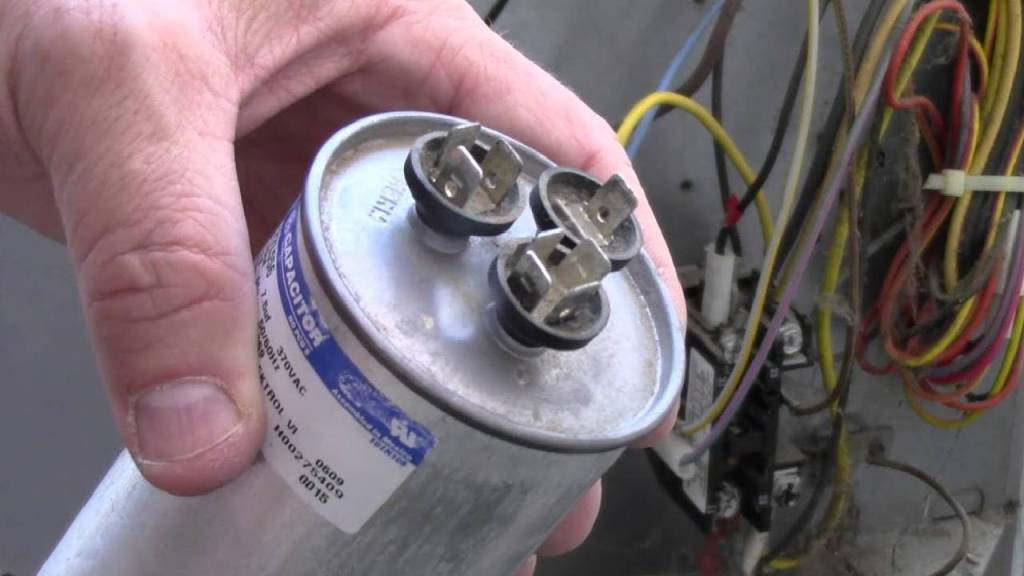When you receive your insurance card, you may notice a series of letters and numbers that seem like a secret code. One of these codes might be “PCN,” leaving you puzzled about what it signifies. In the complex world of insurance, deciphering these abbreviations can feel like navigating a maze. However, understanding what PCN stands for and its significance on your insurance card is crucial for managing your healthcare needs effectively. PCN, or Plan Control Number, is a unique identifier assigned to insurance plans by carriers. It serves as a crucial element in claims processing, helping healthcare providers route claims to the correct insurer for adjudication. Essentially, PCN facilitates seamless communication between healthcare professionals, insurers, and patients by ensuring accurate identification and management of insurance policies. Understanding the significance of, what is PCN on Insurance cards, empowers patients to navigate their coverage effectively and enables providers to streamline billing processes for efficient healthcare delivery.
What is PCN on an Insurance Card?
PCN stands for “Processor Control Number.” This alphanumeric code serves as a vital piece of information for both healthcare providers and insurance companies. Essentially, the PCN helps identify the specific pharmacy benefits manager (PBM) or third-party administrator responsible for processing your prescription claims. When you present your insurance card at a pharmacy to fill a prescription, the PCN is transmitted along with other details to the PBM or administrator. This allows them to accurately process the claim, determine coverage, and apply any applicable copayments or deductibles. Understanding the role of PCN in the prescription claims process is essential for both patients and healthcare professionals. It ensures smooth transactions at the pharmacy counter and helps avoid delays or confusion in accessing necessary medications.
Top of Form
Decoding the PCN:
1. Identifying the Pharmacy Benefits Manager (PBM):
PCN stands for “Processor Control Number,” and it plays a crucial role in managing prescription drug benefits within insurance plans. Typically, insurance plans partner with Pharmacy Benefit Managers (PBMs) to oversee these benefits. The PCN displayed on your insurance card serves as an identifier, specifying which PBM is tasked with managing your pharmacy benefits. This information is vital for pharmacies when processing your prescriptions and accurately billing your insurance company. By identifying the appropriate PBM through the PCN, pharmacies ensure seamless communication and adherence to the specific protocols and formularies established by your insurance plan. Understanding the significance of PCN empowers both patients and healthcare providers to navigate prescription drug benefits efficiently, ensuring timely access to medications and proper utilization of insurance coverage.
2. Facilitating Claims Processing:
When you visit a pharmacy to fill a prescription, the PCN on your insurance card tells the pharmacist which electronic system to use for processing your claim. Each Pharmacy Benefit Manager (PBM) has its own network and set of guidelines for processing claims. By providing the PCN, your insurance company ensures that your prescription claims are routed to the correct PBM for processing. This is essential for ensuring timely and accurate adjudication of your prescription claims. The PCN serves as a crucial link in the chain of communication between your healthcare provider, pharmacy, insurance company, and PBM. It facilitates seamless coordination and ensures that you receive the prescription medication you need in a timely manner. Understanding the role of PCN in the prescription fulfillment process can help patients navigate their insurance coverage more effectively and streamline the pharmacy experience.
3. Ensuring Coverage Accuracy:
The PCN also plays a crucial role in verifying your insurance coverage for prescription medications. Pharmacists rely on this information to ascertain whether your insurance plan includes coverage for the prescribed medication and to apply any relevant copayments or coinsurance. Without the PCN, pharmacists may encounter difficulties in verifying your coverage, which can result in delays or errors in processing your prescription. Essentially, the PCN acts as a key that unlocks access to your medication benefits, ensuring smooth and accurate transactions at the pharmacy counter. By including the PCN on your insurance card, insurers streamline the prescription fulfillment process, allowing pharmacists to efficiently navigate insurance systems and provide you with the medications you need in a timely manner. Thus, understanding the role of PCN in prescription coverage is essential for ensuring seamless access to necessary medications and optimizing your healthcare experience.
How to Locate the PCN on Your Insurance Card:
Locating the PCN on your insurance card may vary depending on your insurance provider and the format of your card. Here are some common places where you might find the PCN:
- Front of the Card: The PCN may be listed along with other important information such as your name, member ID, and group number.
- Back of the Card: Some insurance cards provide additional details, including the PCN, on the back of the card.
- Contact Information: If you’re unable to locate the PCN on your card, you can contact your insurance company’s customer service hotline for assistance. They can provide you with the necessary information to identify the PCN associated with your plan.
Why is PCN Important?
Understanding the significance of the PCN on your insurance card is crucial for several reasons:
- Accurate Claims Processing: Providing the correct PCN ensures that your prescription claims are processed promptly and accurately by the designated PBM.
- Coverage Verification: The PCN helps pharmacists verify your insurance coverage for prescription medications, enabling them to provide you with the necessary medications without unnecessary delays.
- Effective Communication: By including the PCN on your insurance card, insurance companies facilitate communication between pharmacies, PBMs, and healthcare providers, streamlining the prescription fulfillment process.
Conclusion:
In summary, the PCN on your insurance card plays a vital role in ensuring smooth and accurate processing of prescription claims. PCN, or Plan Control Number, serves as a unique identifier for your insurance plan, facilitating seamless communication between healthcare providers, insurers, and pharmacies. Understanding what PCN stands for and its significance can empower you to navigate the complexities of the healthcare system more effectively. By recognizing the importance of PCN, you can ensure that your prescriptions are processed correctly and that you receive the appropriate coverage benefits. The next time you glance at your insurance card and see the mysterious abbreviation “PCN,” you can now decipher its meaning with confidence, knowing that it is a key piece of information essential for managing your healthcare needs efficiently.





Leave a comment